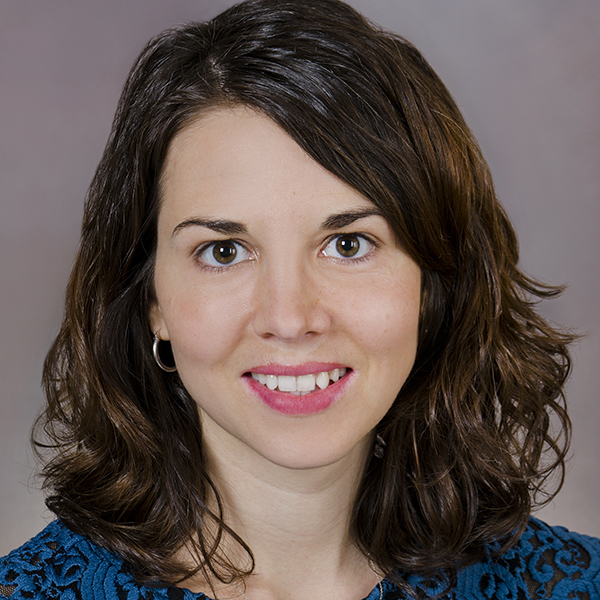Why I Chose Adult Congenital Heart Disease

The human heart is an incredible organ that has intrigued me since the time I first learned about it in biology class. As I went through medical school, there were three separate moments that further sparked my interested in cardiology.
The first moment came from an embryology class, where we learned about the tiny tube that transforms into a fully functioning, anatomically and physiologically complex heart over a span of several weeks. The complexity and fidelity of this process was remarkable, and I wanted to understand it better. As I learned more about how things could go wrong during this embryologic period and translate into congenital heart disease, I was amazed by the human body's ability to adapt and survive despite a wide spectrum of abnormalities and challenges.
About a year later, I watched an autopsy of a young man who died while running to catch the subway. He was healthy, athletic and had his whole life ahead of him. The autopsy showed that he had hypertrophic cardiomyopathy, the consequences of which ultimately led to his premature death. I learned more about how a particular anatomy translates into physiology, resulting in further downstream effects and consequences that proved to be fatal in this case.
Lastly, in my final year of medical school, I did an elective rotation in cardiology. I worked with incredible physicians who were dedicated to patient care and education, and their deep understanding of the human heart never ceased to amaze me. I remember thinking how much I wanted to do their job one day and wished I understood as much about the heart as they did.
During cardiology fellowship, I was exposed to a variety of cardiovascular diseases and my understanding of cardiovascular physiology slowly increased. The more complex the anatomy, the more interesting the physiology became. I found myself drawn to both congenital heart disease and hypertrophic cardiomyopathy. I was fortunate to learn from incredible mentors in both fields who supported my personal and professional growth. In the end, I chose to pursue adult congenital heart disease, where I could continue learning from a multidisciplinary team approach and take care of patients whose anatomic variations lead to unique lifelong physiological consequences affecting not only their heart but often entire body.
Cardiology continues to be an ever-evolving field, where new advances in understanding, diagnosis and management of cardiovascular disease continue to emerge. While the work can be physically and emotionally demanding at times, it brings immense professional and personal satisfaction. My advice to women considering a career in cardiology is to find what excites them, identify mentors who will help guide them personally and professionally, and pursue their passion wholeheartedly. The end result of being able to do what you love is worth every sacrifice the journey requires.
This article was authored by Lidija B. McGrath, MD, adult congenital heart disease Fellow in Training (FIT), at the Oregon Health and Science University in Portland, OR.
This article is part of the ACC WIC Section's #ChooseCardiology series, where women in residency, fellowship and early career are encouraged to share why they would choose cardiology again.